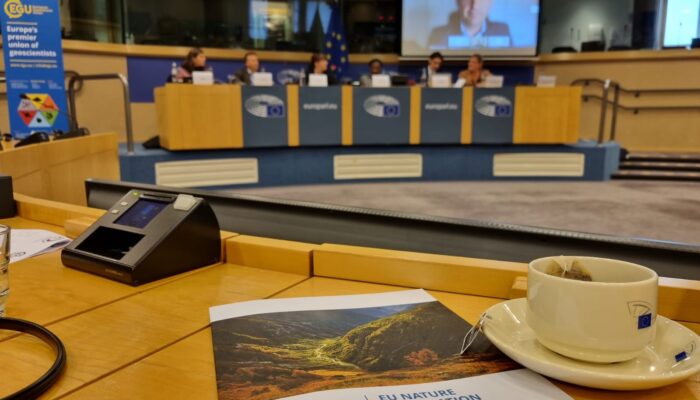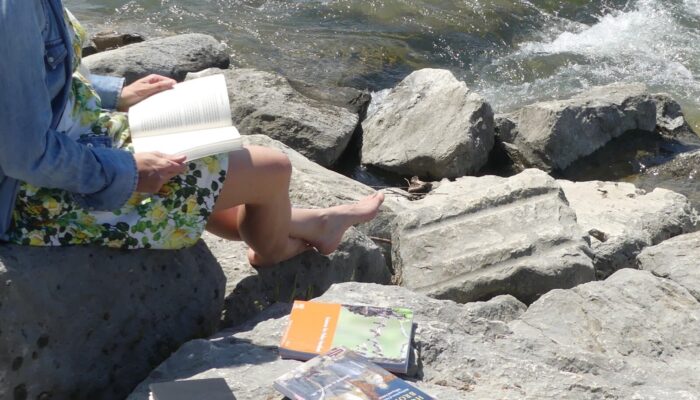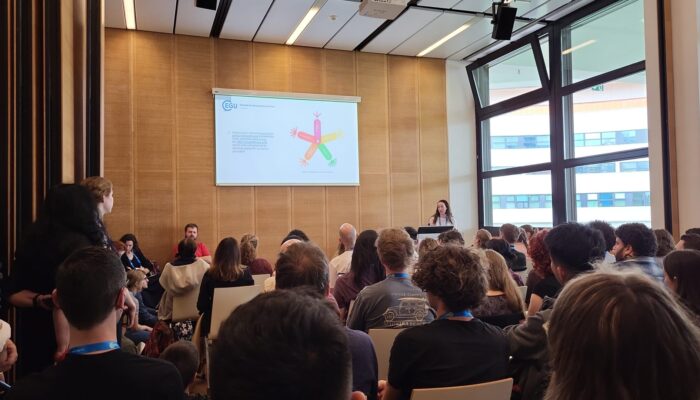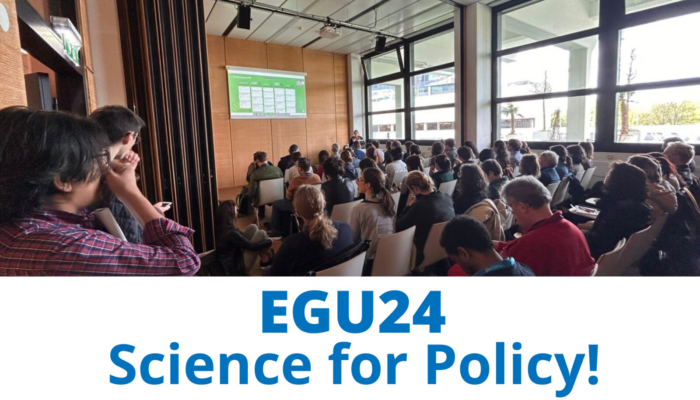When working on legislation, policymakers often require scientific evidence or expertise to support their decision-making. Scientific information can help policymakers to identify any unintended consequences of a policy decision and access solutions that they may not have otherwise considered. In many cases, the information that researchers give to policymakers is a summary of a single study that ...[Read More]
GeoPolicy: Your 2024 Science for Policy Summer Reading list
As the days grow warmer and you start to think about your summer holidays or field work, you might also be looking for a book or two to help you unwind! Whether you’re lounging by the pool, enjoying a picnic in the park, or resting after a long day in the field, summer is the perfect backdrop for getting lost in a good read. This month’s blog post highlights several books that have been reco ...[Read More]
GeoPolicy: 10 things that you can do to start engaging with policymaking today
This months GeoPolicy blog post outlines 10 things that you can do to start engaging with policy today! This list was originally created with the help of the EGU’s Science for Policy Working Group and other Science-Policy experts who attending EGU24. While the below list isn’t extensive, it does provide a good overview of the range of possibilities that are at your fingertips to build ...[Read More]
GeoPolicy: Dive into science for policy at EGU24
Each year, the EGU General Assembly hosts a wide range of scientific and skills-based sessions as that you can participate in to learn about new research, expand your network, diversify your expertise, and develop new skills! This includes an array of sessions that focus on science for policy, outlining how researchers can start engaging in policymaking processes, connect with decision makers, and ...[Read More]




